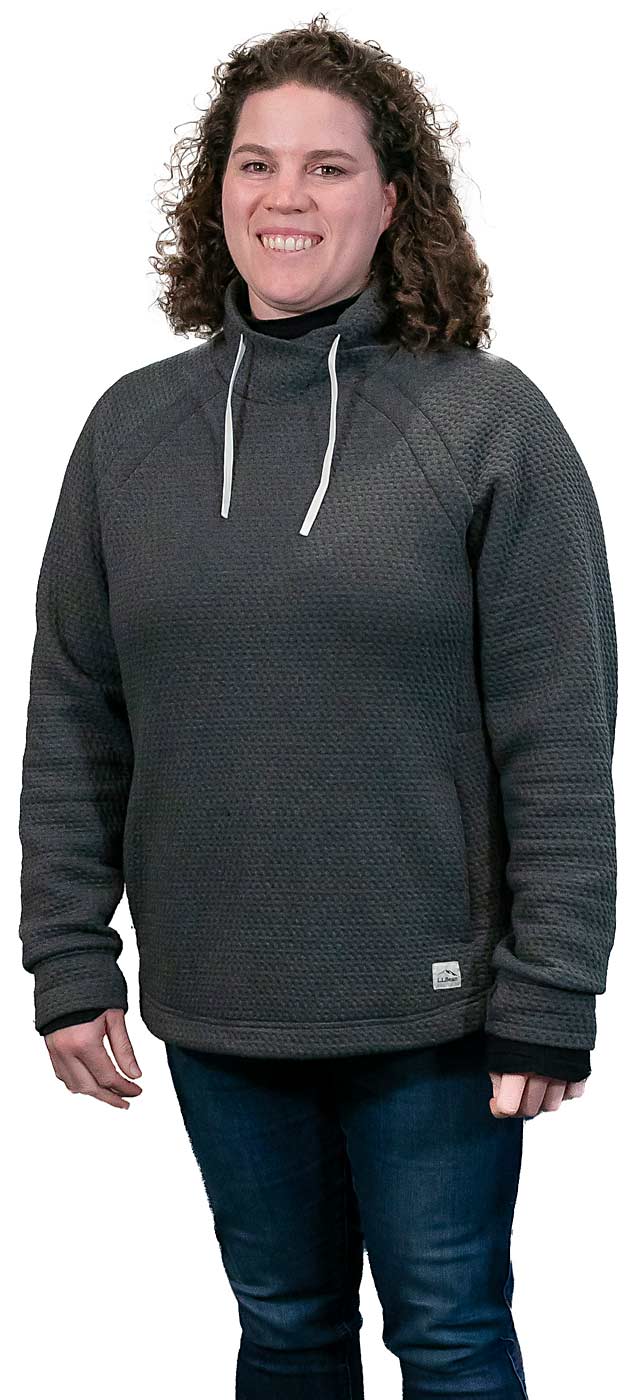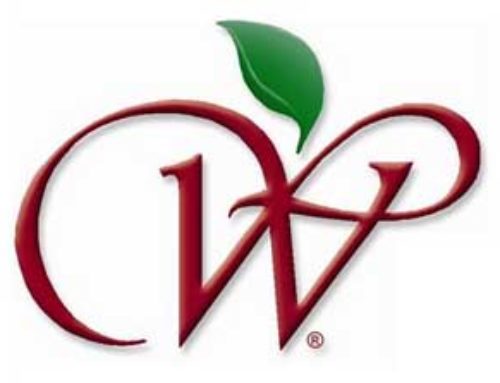family background/ Jessica graduated from Penn State University and earned her master’s degree in soil science at the University of Vermont. She has a twin brother, Josh, a sister, Lindsey, and is the daughter of Terri and Bruce Foster.
age/ 33
hometown/ Mannington, New Jersey
crops/ apples, peaches
role/ orchard manager
business/ R & L Orchard Co., Gardners, Pennsylvania
What was your path to farming?

My early experiences in farming started in high school. I was in what was called the academy of biological and medical sciences, and agriculture was a section of classes that I could take.
At first, I took them as a joke, because I really wanted to say that I was in the Future Farmers of America, and it just progressed from there. I had a lot of fun being in the FFA, taking a bunch of different classes and was able to meet local farmers in our area. In particular, I started working at a vineyard in New Jersey where the owner was fantastic, and I thoroughly enjoyed it.
He taught me a lot about grape growing. Then, when it came time to decide what I wanted to do for college, I chose to keep working in ag. I pursued agriculture at Penn State and worked at a few vineyards while also working at the research station, where I worked with apples and grapes. I got really invested in grapes because I had a phenomenal boss and really enjoyed the work, so I just kept going with it.
What were the most helpful things you learned during college?
The classes that were the most valuable for me were things I was interested in. That included a tree fruit class, a small fruit class, and then I also took a floriculture class, which was studying flowers and greenhouse management.
All of those were really inspiring, and I learned a lot. Outside of the classroom, I took a job working for the research station in tree fruit. That was probably the most valuable experience in terms of education, because it was taking what I was learning in class and applying it in the field.
It was very much learning it in the classroom one day, then going out and using that knowledge on farm.
Why did you pursue a master’s degree?
I originally wanted to work at research stations because, ultimately, I wanted to become an extension agent. I really enjoyed learning new things. I enjoyed being a part of asking the questions and doing the research on it, then being able to relay that information to growers was something I was looking forward to doing.
Everything I did working at the research station and university has really helped with that, but now I get to take that knowledge and apply it to what I’m doing in the field every day.
What motivates you to learn?
I understand I can’t just be an island when it comes to knowledge and information, because you will never survive that way. No matter what I’ve done in my life, there have always been other people helping me. I can never say that I’ve done it myself.
What I have found is the best way to learn is by learning from others. That applies to my current job and my role within the community. I don’t think I would be able to do this without having friends to be able to call and ask questions, because I don’t know everything. Within Adams County, if something’s going on at my farm, I am definitely going to call my neighbors to see what’s going on at their farm.
We do exchange information because, ultimately, I want everyone to be successful. If someone else fails, then, what did they do wrong that I might face and also fail at? I think everything is better when you’re lifting each other up in terms of community, especially within this industry.
What’s your advice to other young growers?
The best things that helped were getting jobs that aligned with the things I wanted to do and meeting people along the way. I had to push myself to network with people and make friends. It sounds silly, but you need those connections to get further with what you’re doing.
I would recommend getting involved in local groups. At a local level, look at your fruit growing association. What I have found is that when you consistently see somebody, even if at first it seems a little odd, over time you get to know people. Having those small communications can really help.
Another thing to remember is there are always changes in the industry. There’s always new information coming out. So, look for ways to take classes to improve your knowledge base when you jump into the industry.
Whether that’s showing up to local meetings to learn new things, or even if it’s learning new technologies, taking the time to learn what’s new will definitely be helpful.






Leave A Comment